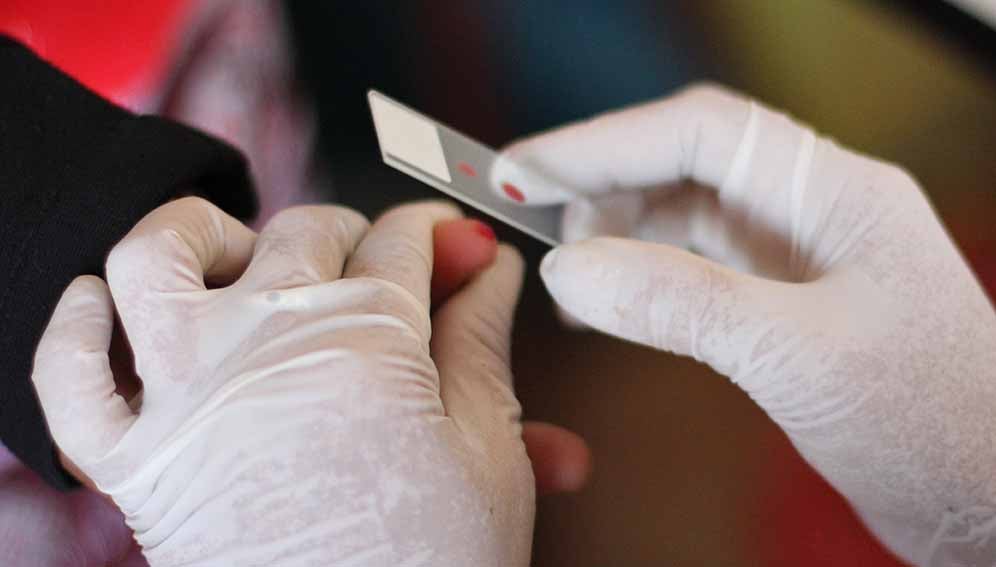Rwanda is re-evaluating its malaria control strategy following an unexpected 45 per cent rise in cases in 2024, reversing nearly a decade of steady decline. After years of success in controlling the disease, the country is now considering introducing malaria vaccines, which it had previously opted out of during the initial distribution by global health agencies.
Between 2016 and 2023, Rwanda reduced malaria infections from nearly five million to about 430,000. Deaths also fell significantly from 650 to just 67 over the same period. Many districts had even reached the malaria pre-elimination phase. However, the situation took a turn in early 2024 when cases surged to 620,000 by October nearly 200,000 more than the same period in 2023. October alone saw 112,000 new cases, with 90 per cent reported in just 15 districts.
The unexpected surge has been attributed to multiple factors. Mosquitoes have become increasingly resistant to artemisinin-based treatments, and their biting behaviour is shifting outdoors, bypassing indoor control measures like residual spraying and bed nets. Environmental changes have also expanded mosquito breeding grounds. Particularly affected are cross-border communities in districts such as Nyagatare, Gisagara, and Bugesera, raising concerns about regional transmission.
In response, Rwanda is adjusting its treatment protocols by adopting a multiple first-line treatment strategy and gradually phasing out the widely used drug Coartem. Despite heavy investments in traditional control methods including spending over US$1.5 million per district on indoor spraying these efforts have not curbed the resurgence.
With 17 African countries already rolling out malaria vaccines under WHO and Gavi-supported initiatives, Rwanda is now seeking inclusion in this program. The move signals a shift in national strategy as the country works to counteract the current setback and revive momentum toward its goal of eliminating malaria by 2030.
Health authorities are actively reassessing their approach, with vaccine adoption emerging as a critical option in the fight against a disease that was once on the verge of elimination.

